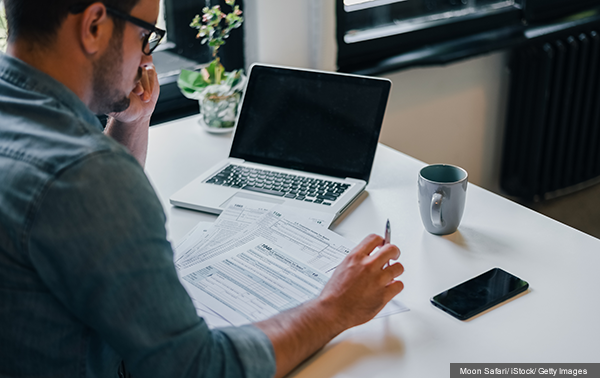Coronavirus: Claim a Grant Through the Self-Employment Income Support Scheme
If you’re self-employed or a member of a partnership and have been adversely affected by coronavirus (COVID-19) use this scheme if you’re eligible to claim the grant.
Before you start
You should check if you can claim a grant through the Self-Employment Income Support Scheme, and find out when you’ll be able to make a claim.
What you’ll need
You’ll need your:
1) Self Assessment Unique Taxpayer Reference (UTR) – if you do not have this find out how to get your lost UTR
2) National Insurance number – if you do not have this find out how to get your lost National Insurance number
3) Government Gateway user ID and password – if you do not have a user ID, you can create one when you make your claim
4) UK bank details (only provide bank account details where a Bacs payment can be accepted) including:
- bank account number
- sort code
- name on the account
- your address linked to your bank account
How to claim
Your tax agent or adviser cannot make the claim for you. You must make the claim yourself. If you have an agent you should contact them if you need any help or support.
You’ll have to confirm to HMRC that your business has been adversely affected by coronavirus.
You should not claim the grant if you’re a limited company or operating a trade through a trust.
Online services may be slow during busy times. Check if there are any problems with this service.
HMRC will check claims and take appropriate action to withhold or recover payments found to be dishonest or inaccurate.
Use the online service to claim for the Self-Employment Income Support Scheme
If you’re unable to claim online you should contact HMRC for help.
After you’ve claimed
HMRC will check your claim and pay your grant into your bank account in the next 6 working days. HMRC will send an email when your payment is on its way.
You can check the status of your payment.
If you think the grant amount is wrong
HMRC has used the information you or your tax agent or adviser sent us on your Self Assessment tax returns to work out your grant amount.
If you think the grant amount is wrong, you should check how much you’ll get or contact your tax agent or adviser for help.
If you still think the grant amount is wrong, you can ask HMRC to review your grant amount. You’ll need:
- your grant claim reference
- your National Insurance number
- the Unique Taxpayer Reference you used on your claim
- the Government Gateway user ID you used to make a claim
- details about why you think the grant amount is wrong
You may also need the figures HMRC gave you in the grant calculation when you made your claim.
Record keeping and reporting
You must keep a copy of all records in line with normal self-employment record keeping requirements, including:
- the amount claimed
- the claim reference number
You should also keep any evidence that your business has been adversely affected by coronavirus such as:
- business accounts showing a reduction in turnover
- confirmation of any coronavirus-related business loans you have received
- dates your business had to close due to lockdown restrictions
- dates you or your staff were unable to work due to coronavirus symptoms, shielding or caring responsibilities due to school closures
You will need to report the grant:
- on your Self Assessment tax return
- as self-employed income any Universal Credit claims
- as self-employed income and that you’re working 16 hours a week, as changes to your tax credits claims
The grant should be treated as income received on the day it’s paid for any Universal Credit claims or tax credit changes.
Contacting HMRC
You should first check the other support available to you and contact HMRC if you cannot get the help you need online.
Other help you can get
The government is also providing the following additional help for the self-employed:
- deferral of Self Assessment payments due in July 2020
- deferral of VAT payments due from 20 March 2020 until 30 June 2020
- Business Interruption Loan Scheme
- Bounce Back Loan




